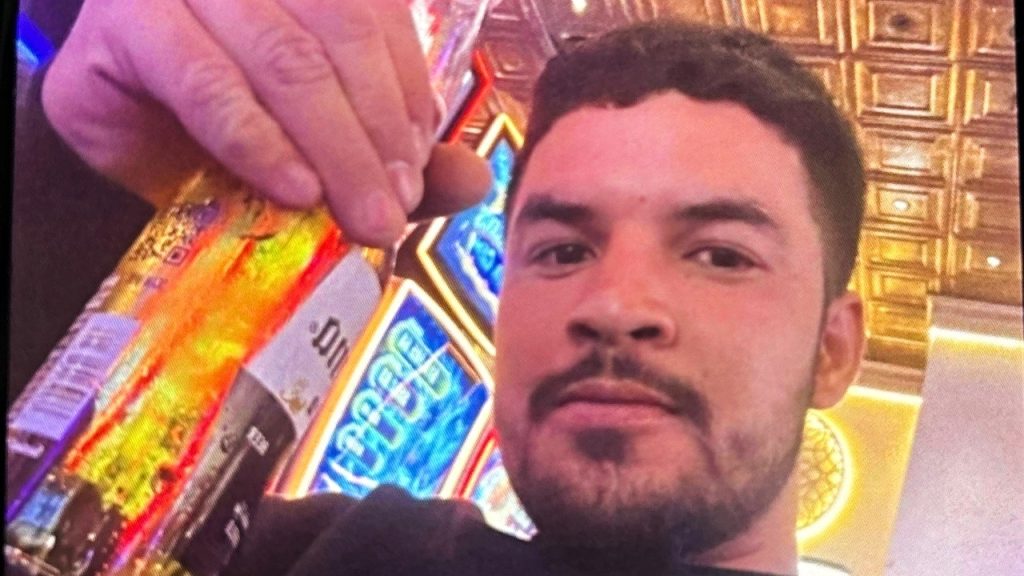The tragic death of 31-year-old Talia Benward of Kearns, Utah, has brought the issue of illegal immigration and its potential consequences to the forefront. Benward’s boyfriend, 24-year-old Nestor Rocha-Aguayo, a Mexican national from Sinaloa, has been apprehended in connection with her disappearance and murder. Rocha-Aguayo’s case highlights the complexities and challenges surrounding immigration enforcement, as he had been deported twice from the United States before allegedly committing this heinous crime.
Rocha-Aguayo’s first encounter with US immigration authorities occurred in September 2016 when he illegally entered the country near Calexico, California. Years later, following a conviction on local charges in Utah, Immigration and Customs Enforcement (ICE) placed a detainer on him in January 2024. He was subsequently taken into custody in April and granted voluntary departure, returning to Mexico at the end of the month. However, this deportation proved to be a temporary reprieve, as Rocha-Aguayo illegally reentered the US at an undisclosed location and time. He was encountered again by ICE officers in November at the Salt Lake County Metro Jail, where he was held on local charges, and deported back to Mexico on December 24th. Astonishingly, he returned to the US for a third time, illegally, just days before Benward’s disappearance on New Year’s Day.
Benward was last seen at a Maverik store in West Jordan, Utah, on January 1st. Surveillance footage shows Rocha-Aguayo joining her in a borrowed vehicle. The footage suggests an argument between the two before they drove off together. Benward’s phone stopped tracking her location in Tooele, about a 45-minute drive from West Jordan, while Rocha-Aguayo’s phone tracked back towards Salt Lake City. Police discovered Benward’s body in a remote area of Tooele, covered in sticks and brush. Bloodstains were found inside the vehicle, and remnants of a floor mat matching the vehicle’s mats were discovered near Benward’s remains.
Rocha-Aguayo was apprehended by US Marshals on January 5th and faces charges including aggravated murder, abuse or desecration of a dead human being, aggravated robbery, and other offenses. ICE placed a detainer on him the same day. This case underscores the revolving door phenomenon in immigration enforcement, where individuals deported multiple times manage to reenter the country illegally. Rocha-Aguayo’s criminal history in Utah, including charges related to robbery, assault, drug possession, reckless driving, and domestic violence incidents with Benward, further complicates the narrative.
The circumstances surrounding Benward’s death paint a grim picture of escalating violence and failed opportunities for intervention. Rocha-Aguayo’s repeated illegal entries and subsequent criminal activity raise questions about the effectiveness of current border security and deportation procedures. While the investigation into Benward’s death continues, this case serves as a tragic illustration of the potential dangers posed by individuals who circumvent immigration laws and have a history of criminal behavior.
This tragic event raises serious questions about border security and the ability of authorities to prevent individuals with criminal records from re-entering the country after deportation. It also highlights the potential for tragedy when individuals with a history of violence, like Rocha-Aguayo, are able to evade authorities and continue to pose a threat to the community. The case serves as a sobering reminder of the challenges faced by law enforcement and immigration officials in ensuring public safety.

